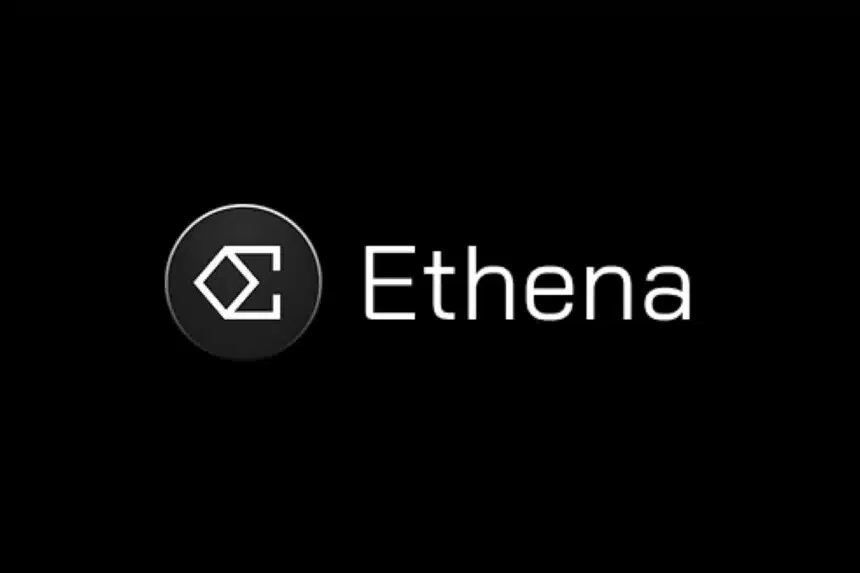|
Getting your Trinity Audio player ready...
|
The Cardano Foundation, in a proactive move, has released sustainability indicators for the Cardano network, pre-empting the European Union’s Markets in Crypto-Assets (MiCA) regulations. This report positions Cardano as an industry leader in transparency and environmental responsibility.
MiCA, due for full implementation in December 2024, mandates crypto asset issuers to disclose sustainability data. The Cardano Foundation, responsible for the ADA cryptocurrency, has partnered with the Crypto Carbon Ratings Institute (CCRI) to ensure the accuracy and quality of its reporting methodology.
The report highlights Cardano’s energy-efficient Proof-of-Stake consensus mechanism, which significantly reduces its electricity consumption compared to Proof-of-Work blockchains like Bitcoin. It goes a step further by providing the network’s total annualized electricity usage, carbon footprint, and even the marginal power required per transaction.
Cardano’s commitment extends beyond just meeting compliance standards. The report aligns with draft regulatory technical standards set by the European Securities and Markets Authority (ESMA), showcasing the platform’s dedication to exceeding expectations.
“By developing MiCA-compliant indicators, we want to ensure adherence to regulations and set a benchmark for the industry,” said Frederik Gregaard, CEO of the Cardano Foundation. He emphasizes the importance of building trust with regulators and investors, paving the way for wider blockchain adoption with sustainability in mind.
This initiative underscores Cardano’s potential to address environmental, social, and governance (ESG) concerns within the cryptocurrency space. It demonstrates how blockchain technology can be both efficient and transparent while minimizing its environmental impact.
With the initial phase of MiCA regulations targeting stablecoins now in effect, December will see a significant shift as regulations for crypto asset service providers, like Cardano, come into play. Cardano’s pre-emptive approach positions them well to navigate the evolving regulatory landscape and emerge as a sustainability leader in the blockchain industry.
Disclaimer: The information in this article is for general purposes only and does not constitute financial advice. The author’s views are personal and may not reflect the views of Chain Affairs. Before making any investment decisions, you should always conduct your own research. Chain Affairs is not responsible for any financial losses.
I’m a crypto enthusiast with a background in finance. I’m fascinated by the potential of crypto to disrupt traditional financial systems. I’m always on the lookout for new and innovative projects in the space. I believe that crypto has the potential to create a more equitable and inclusive financial system.




